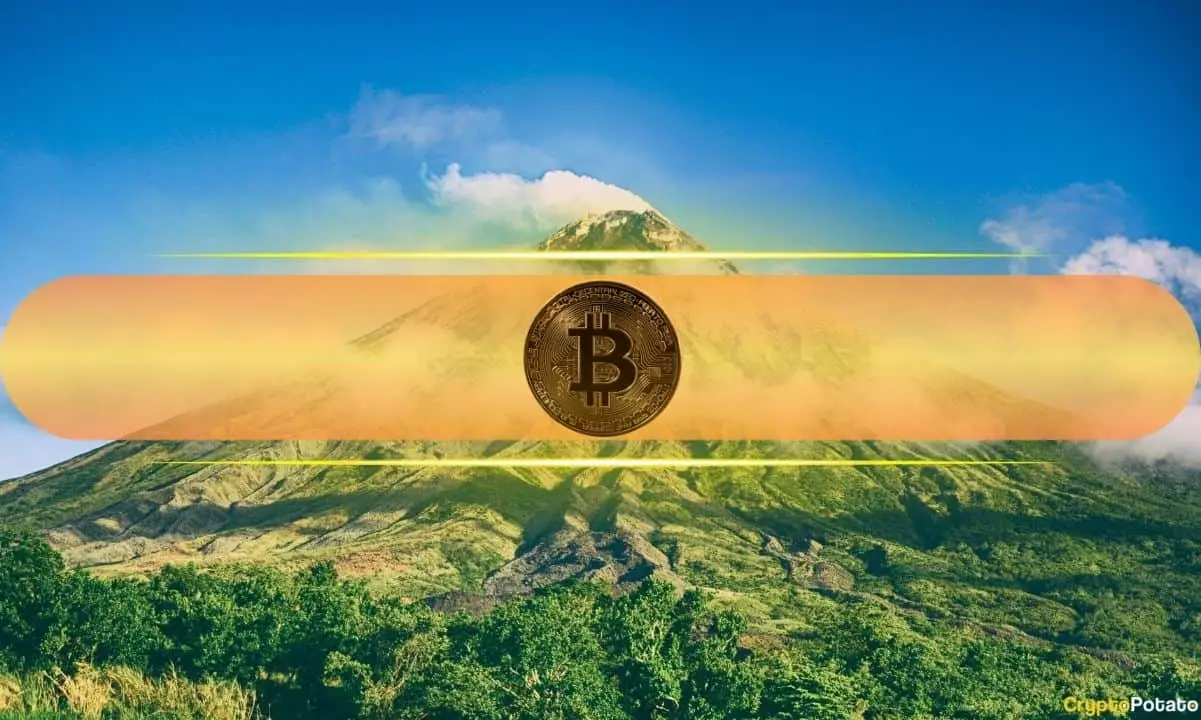El Salvador has taken a significant step in its financial journey by securing a staff-level agreement with the International Monetary Fund (IMF), marking the first review of its 40-month Extended Fund Facility (EFF) arrangement. While the agreement is ostensibly a positive development, it demands scrutiny. This conditional agreement reflects both the potential for economic rejuvenation as well as a lingering dependency on external oversight — a double-edged sword that beckons careful examination. The spirit of such an arrangement implies that while the country has made commendable strides in areas like governance and fiscal discipline, it is still shackled to the IMF’s mandates and surveillance.
The Strengths of El Salvador’s Economic Performance
Indeed, the IMF’s acknowledgment of El Salvador’s “strong early performance” under the fiscal program reveals more than just one country’s success; it highlights the interplay of investor confidence, remittance flows, and government policies. With key fiscal and reserve targets achieved, there is talk of a burgeoning economic landscape brimming with hope. However, this optimism should temper itself with a dose of realism — what does it mean for the average Salvadoran? While the elite applaud fiscal tightening and governance reforms, the working class may still struggle with systemic inefficiencies and a sluggish economic recovery.
While fiscal tightening — including cuts to the public wage bill and curtailing spending — might be rooted in necessity, they risk further exacerbating social inequalities. As the government balances the demands for economic health against the imperative of social welfare, one must wonder whether the sacrifices made by ordinary citizens will yield genuine long-term benefits or merely sustain a façade of financial stability while the underlying issues continue to fester.
Bitcoin: The Digital Paradox
At the core of this economic strategy lies a controversial yet provocative component: Bitcoin. The IMF’s reservations regarding El Salvador’s Bitcoin initiative cannot be overlooked. The agreement contains stringent guidelines to prevent the government from augmenting its Bitcoin holdings, illustrating a notable friction between innovative financial models and traditional regulatory frameworks. This reflects not just skeptical economics but also a broader philosophical question about the role of cryptocurrency in national economies.
The Chivo wallet, initially touted as a pioneering step toward modernization, is now under scrutiny, with indications that public sector involvement may phase out by July 2025. Such governmental backtracking raises concerns about the commitment to Bitcoin as a mainstream financial instrument. Moreover, the government’s relentless purchasing of a single Bitcoin daily, despite external pressures, signals a disconnect between regulatory compliance and the ambitious vision touted by President Nayib Bukele. One must question the sustainability of this duality — can a nation thrive while holding such opposing economic ideals?
Social Ramifications and the Fiscal Sustainability Law
The challenges extend beyond mere fiscal policy; they penetrate into the fabric of Salvadoran society. The forthcoming Fiscal Sustainability Law is anticipated to guide financial reforms, but with it comes the potential for austerity measures that could pinch the very citizens that the government vowed to uplift. While stringent fiscal policies may be necessary in the short term, they could stifle innovation and entrepreneurship among the populace if not carefully managed. The balance between necessary cuts and the preservation of public services is a tightrope walk that could tilt towards disaster if the needs of the citizenry are undermined.
The Tenuous Path Ahead
While the IMF’s articulation of El Salvador’s economic resurrection is promising, it is essential to remain vigilant. The shift towards fiscal discipline and the structural changes required to ensure sustained growth is indeed praiseworthy, yet the questions around Bitcoin and the socio-economic sustainability give rise to serious concerns. It is one thing to have external validation, but it is another to ensure that this validation translates tangibly into the lives of everyday Salvadorans.
The new legislative frameworks and economic strategies propose a thrillingly ambitious roadmap, but one must not lose sight of the underlying challenges that the people of El Salvador face in their daily lives. The dance between progress and socio-economic stability continues, and whether the steps taken lead to a harmonious balance remains to be seen.

